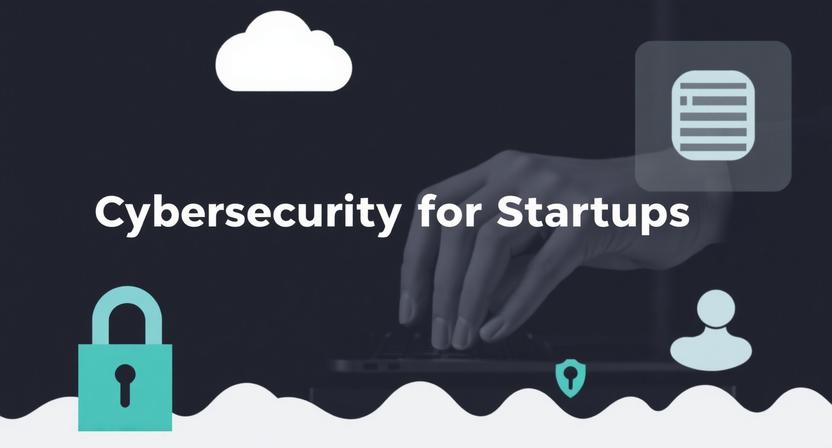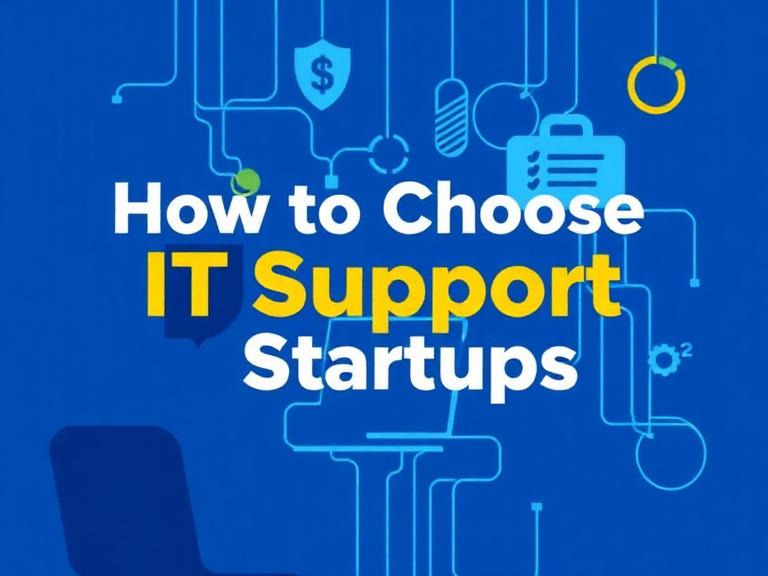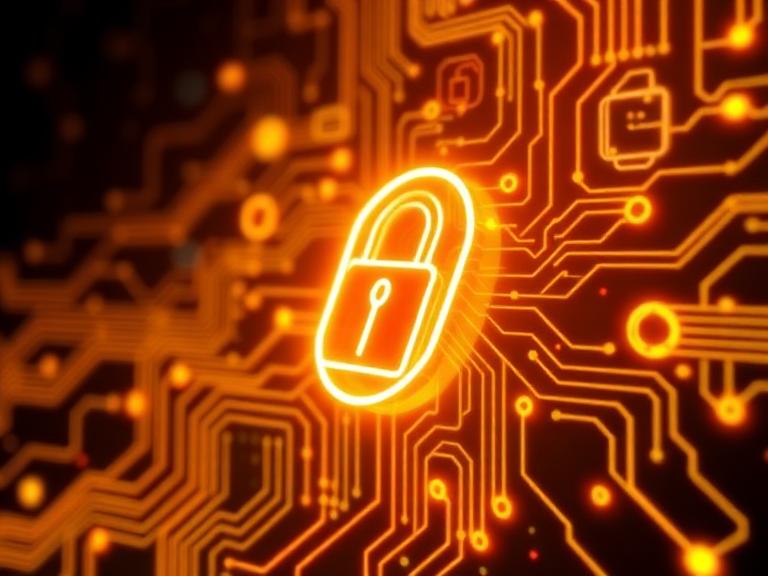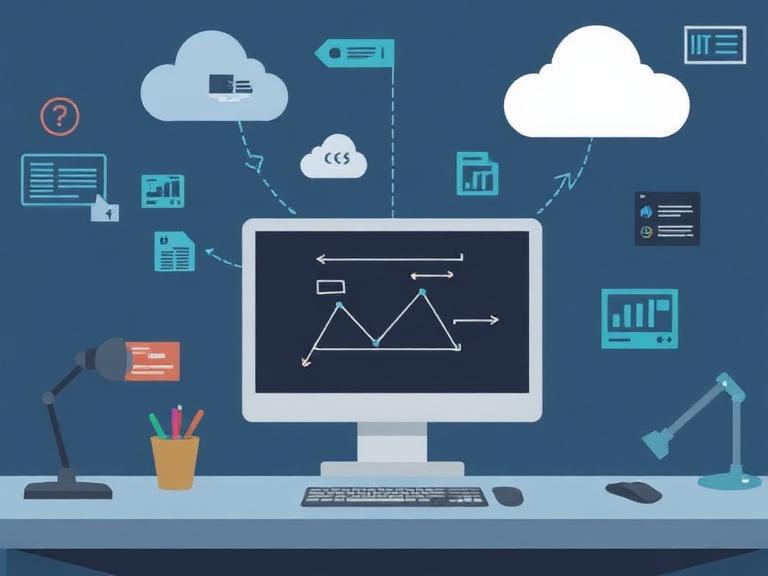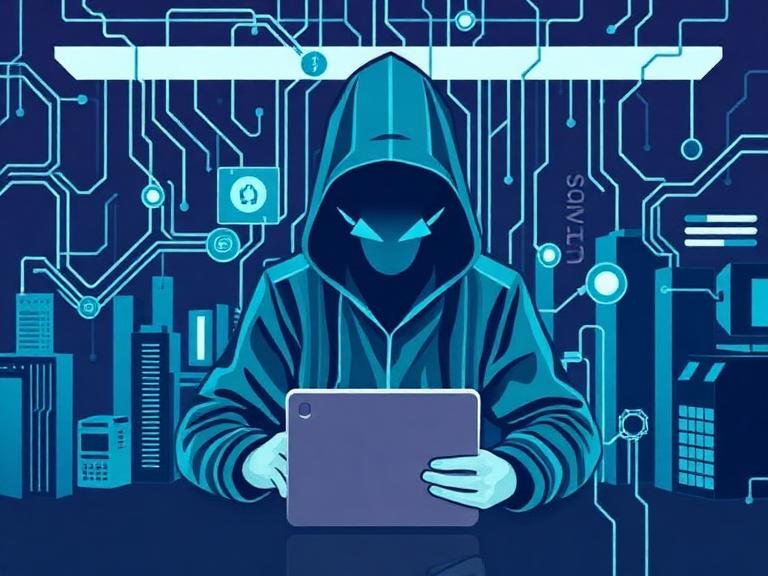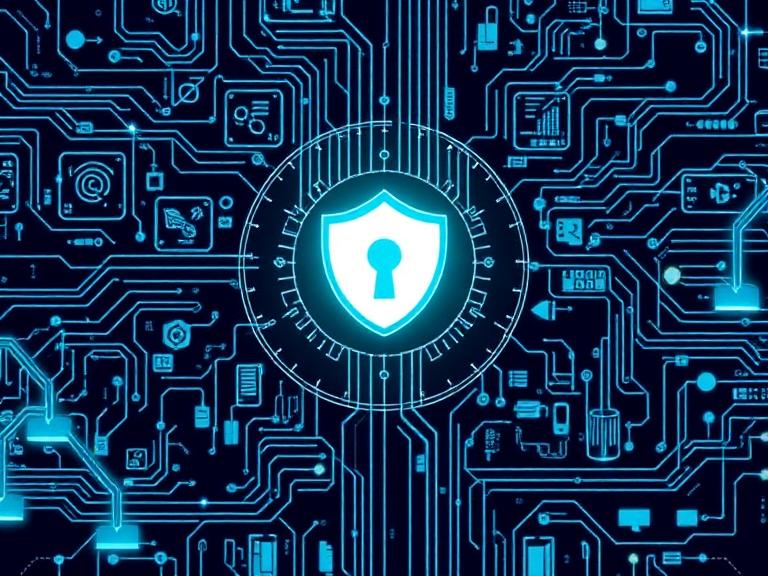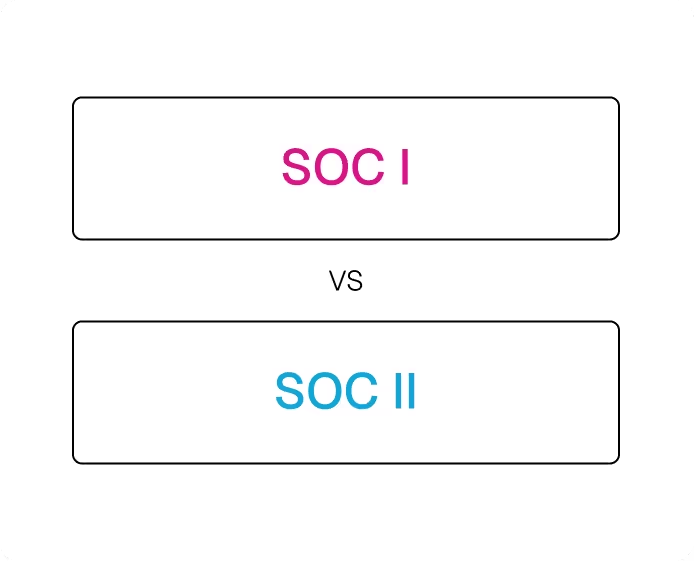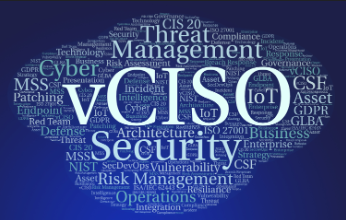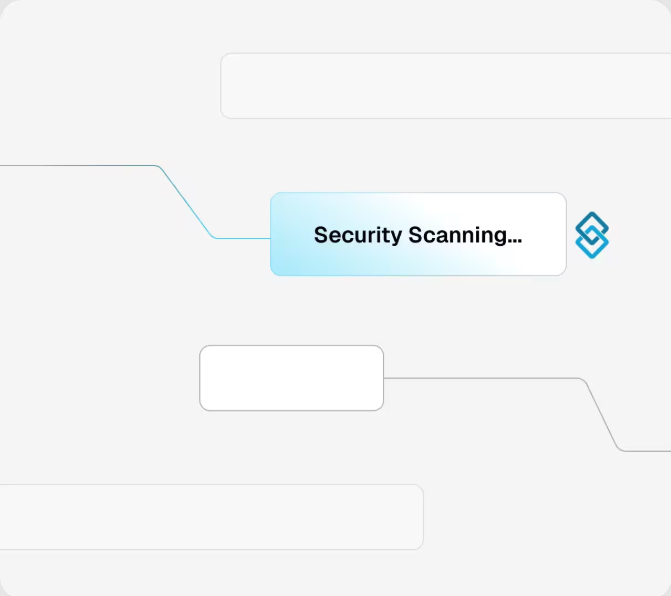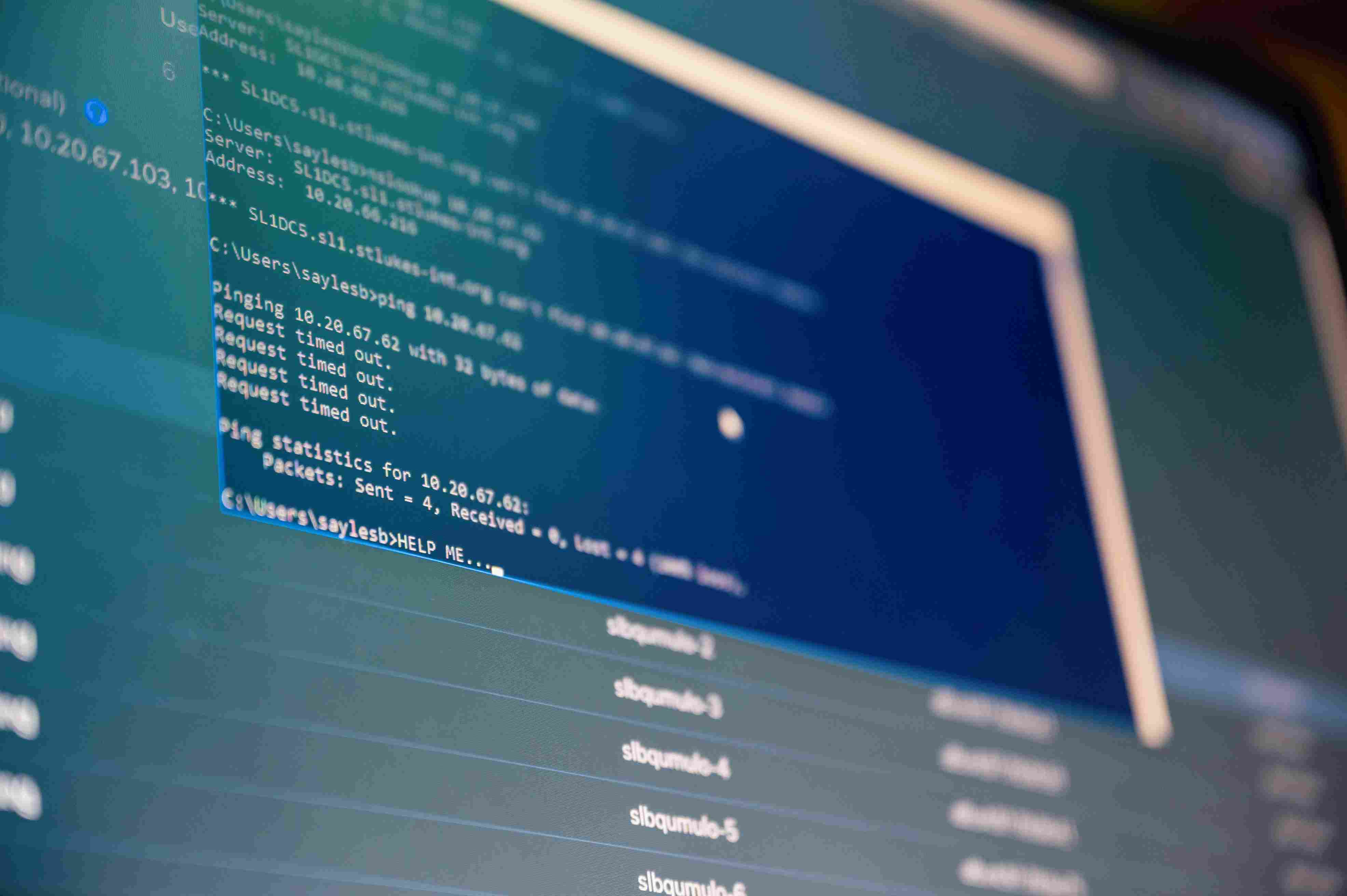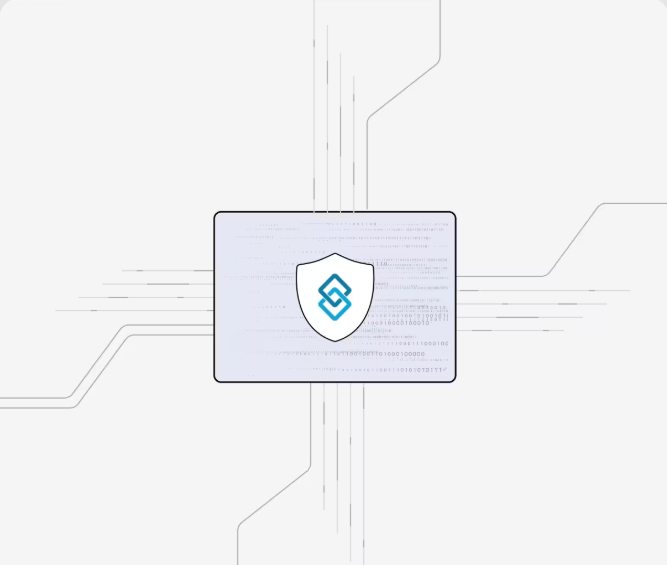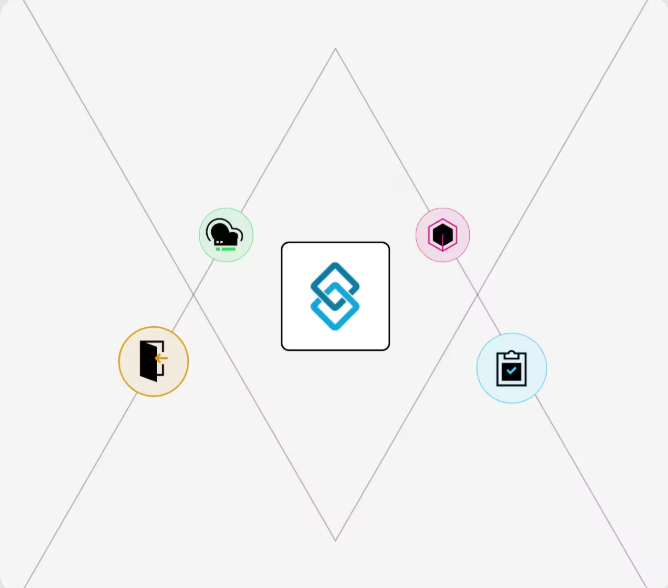What Is SOC 2 Compliance and Why Does Your Business Need It?
SOC 2 Compliance is a crucial framework for businesses that handle customer data, especially in tech and cloud services, as it builds client trust and helps unlock larger deals. While not legally required, many clients demand it, making it a strategic necessity rather than a luxury. Sentant simplifies the complex compliance process by tailoring it to your business and supporting you every step of the way, ensuring you're not just compliant—but credible.

Okay, so, SOC 2 Compliance. It might sound like something only huge companies care about, but that’s not the case anymore. If your business handles customer data, especially in tech or cloud services, this framework matters. A lot. SOC 2 comes from the AICPA, yes, the accounting folks, but don’t let that throw you off. It’s not about bookkeeping. It’s about proving you’ve got solid practices in place to protect sensitive info.
And here’s the kicker: even though SOC 2 isn’t legally required, many clients, especially enterprise ones, treat it like it is. They’ll ask for it before they sign anything. So if you don’t have it, you could miss out on deals. If you do? It’s a green light that says, “We take security seriously.”
Now, let’s be real, it’s not a small task. That’s why teams like Sentant exist. They take what could be an overwhelming, audit-packed headache and turn it into a clear, manageable process that fits how your company runs. No fluff. No cookie-cutter nonsense.
What Is the SOC 2 Framework and Why Does It Matter?
Origins and Purpose
SOC 2 was put together by the AICPA to help service providers show they’re doing the right things behind the scenes when it comes to data. We're talking about businesses that operate on cloud platforms, process user data, or offer digital services, pretty much most modern tech companies. The idea? Give your partners and clients something to hang their hat on. A standard that says, “Yup, they’ve got the controls in place.”
The Five Trust Services Criteria
This framework revolves around five main areas. You don’t need to master all five, but you need to know them:
- Security – This is the big one. Keep the bad guys out.
- Availability – Your systems should work. Not just sometimes, reliably.
- Processing Integrity – Data should be handled correctly, with no weird errors.
- Confidentiality – Limit access. Not everyone should see everything.
- Privacy – Respect people’s info. Follow the laws.
Every SOC 2 audit includes security, but the others? You’ll choose based on how your business works.
Flexibility of the Framework
This is where SOC 2 stands out. It's not prescriptive. You’re not handed a rigid checklist and told to check every box. You build the controls your company needs, ones that reflect how your systems run. Just be prepared to prove that those controls work.
That’s a lifesaver for startups, where every process isn’t documented in a 40-page manual yet. SOC 2 doesn’t force you to pretend you’re a Fortune 500. It just asks: “Can you keep your data secure, and can you show us how?”
Strategic Importance for Modern Businesses
You might not need SOC 2 right this second, but you will. Sooner than you think. It’s one of the first things a big client asks for. And without it? You're left explaining why you're not compliant yet, which is never a great look. With it, though, the conversation changes. You get taken seriously.
What’s the Difference Between SOC 2 Type 1 and Type 2 Reports?
Here’s how to think about it. SOC 2 Type 1 is like saying, “We’ve set things up correctly.” It’s a snapshot. It looks at your systems at a single point in time.
Type 2 is more like, “We’ve been living this way for a while, and it works.” It reviews how well those controls perform over a few months (sometimes longer). It proves consistency.
Clients want Type 2. Type 1 is a solid starting point, and honestly, a lot of startups begin there. But sooner or later, you’ll need Type 2 if you want to scale and keep impressing the security teams on the other side of those contracts.
How Can SOC 2 Compliance Help Your Business Grow?
There are a bunch of reasons to do SOC 2. But here’s one of the biggest: it clears the path for bigger deals. Without that compliance report, you might not even make it through the first round of a vendor review. With it? You breeze through questions that would otherwise slow things down.
Then there’s the internal impact. You’ll shore up things you might’ve overlooked, like outdated access logs, unmonitored systems, or vague incident response plans. SOC 2 forces clarity.
Also, let’s not underestimate perception. A SOC 2 badge tells people, “We care about data. We’re mature. You can trust us.” And that can tip the scale in your favor.
Why Should You Choose Sentant for SOC 2 Compliance Support?
So here’s the thing: trying to tackle SOC 2 alone is like assembling IKEA furniture with missing instructions. You could do it, but it’ll probably take longer, and you’ll swear more.
That’s why teams work with Sentant. They don’t just toss over a bunch of PDFs and walk away. They become your guide. Your translator. Your sidekick. They figure out what you already have, what you’re missing, and how to connect the dots.
Plus, they’ve worked with tools like Drata, Vanta, and Tugboat Logic, which makes the process way more streamlined. Add in fast response times through Slack and actual face-to-face calls? You’re never stuck waiting three days for answers. That matters.
What Are the Most Common Questions About SOC 2 Compliance?
Why would a company need a SOC report?
Because clients want reassurance. A SOC report tells them you’re not winging it, you’ve got structure, controls, and proof to back it up. Without it, you’re asking them to trust you blindly. That’s a tough sell.
What companies need to be SOC 2 compliant?
If you're storing or handling data for other businesses, especially in sectors like SaaS, finance, or healthcare, you’re in SOC 2 territory. It's not always about legal need; it’s about expectations.
How to tell if a company is SOC 2 compliant?
Easy: ask for the report. A real one. Type 1 or Type 2, issued by a licensed CPA firm. No vague “we’re working on it” answers, if they’re compliant, they’ll have it.
Does every company have a SOC report?
No, but more and more should. Especially if they’re aiming to work with clients who take security seriously. In some cases, it’s not optional; it’s the only way through the door.
How much does a SOC 2 compliance cost?
It varies. Most companies spend $15,000 to $60,000, give or take. The bigger the scope, the bigger the cost. But when you work with folks like Sentant, they help you stay on track and avoid expensive surprises.
What Should You Take Away From SOC 2 Compliance?
Here’s the short version: SOC 2 Compliance is about proving you run a trustworthy business. It’s not just for show, it helps you grow, builds client trust, and gives your internal systems some much-needed polish.
The process isn’t always smooth. But with Sentant, you’ve got a crew that’s done it dozens of times. They’ll walk with you, flag issues before they blow up, and help you come out the other side with a report you can be proud of.
Think it’s time?
Talk to Sentant. Let them help you make security something that works for you, not against you.
Will Pizzano, CISM is Founder of Sentant, a managed security and IT services provider that has helped dozens of companies achieve SOC 2 compliance. If you’re interested in help obtaining SOC 2 compliance, contact us.



